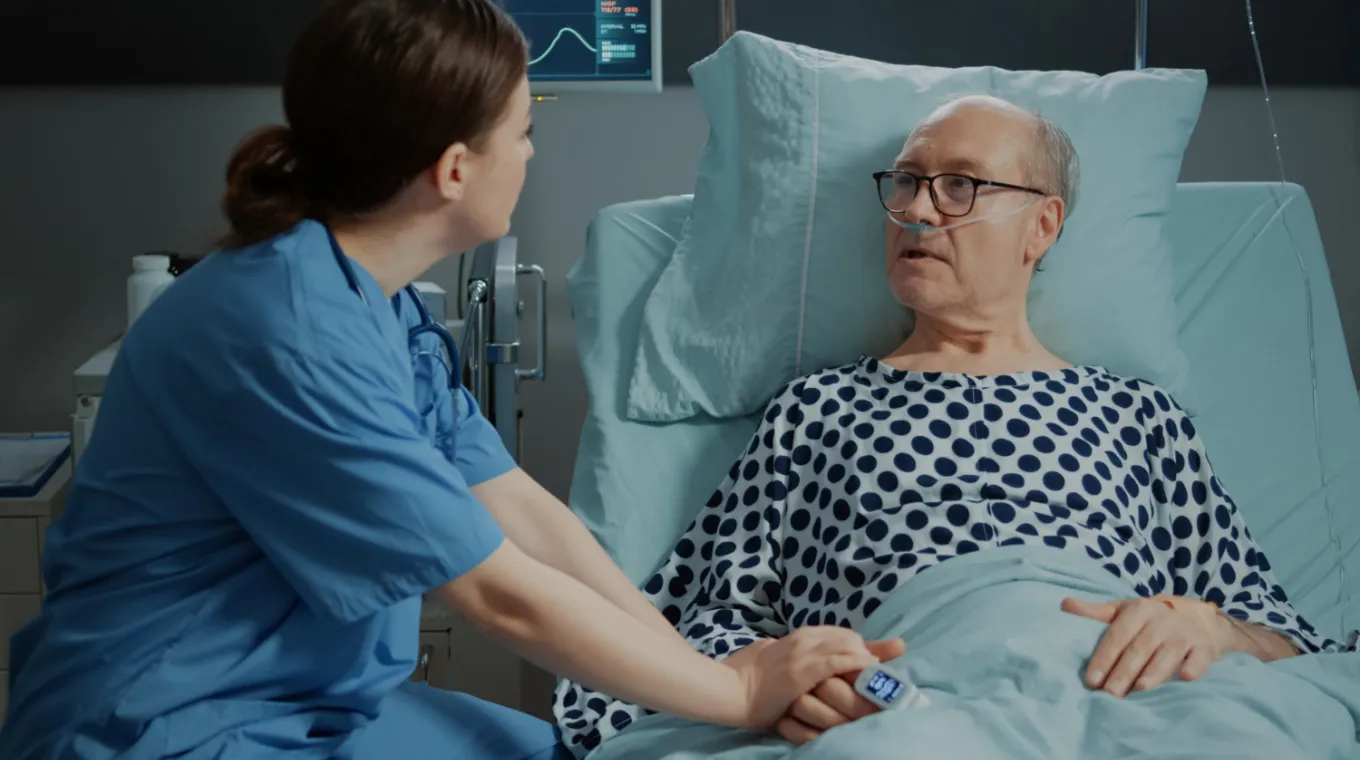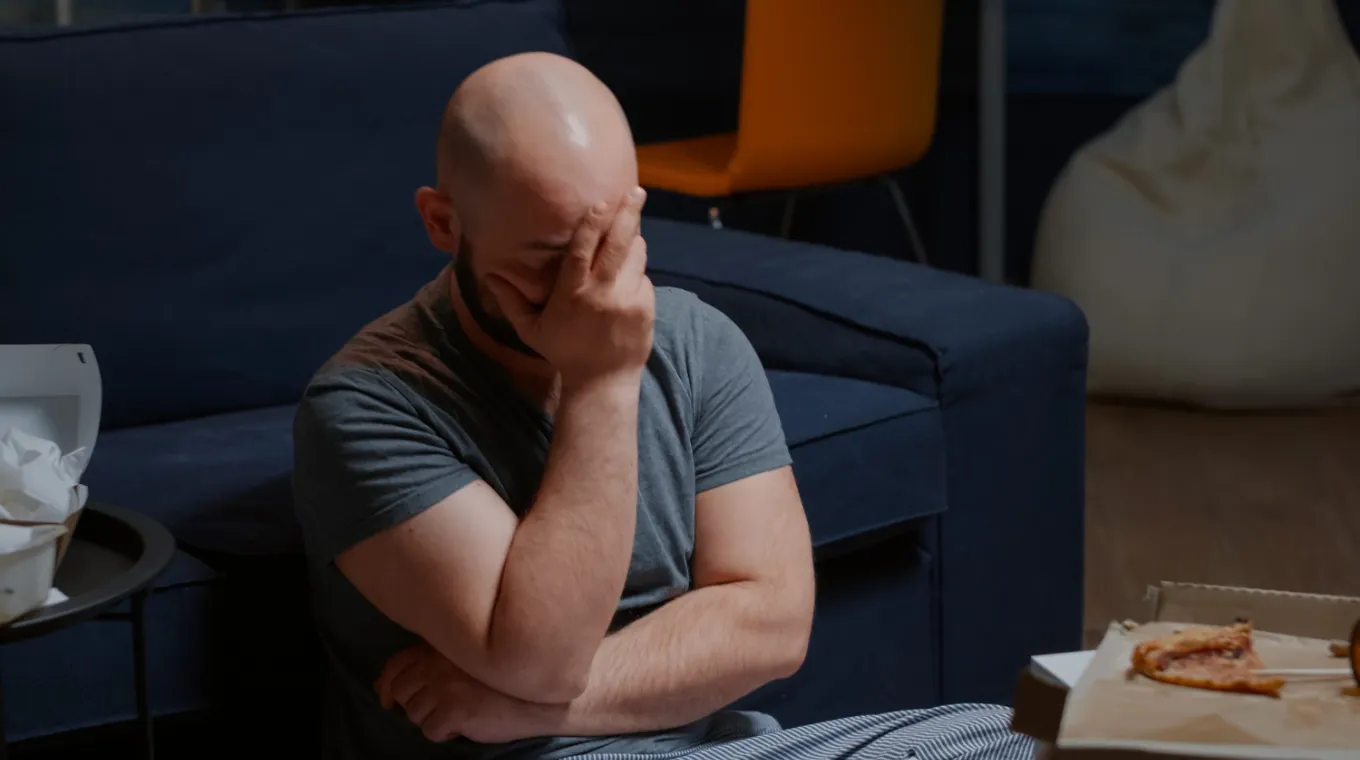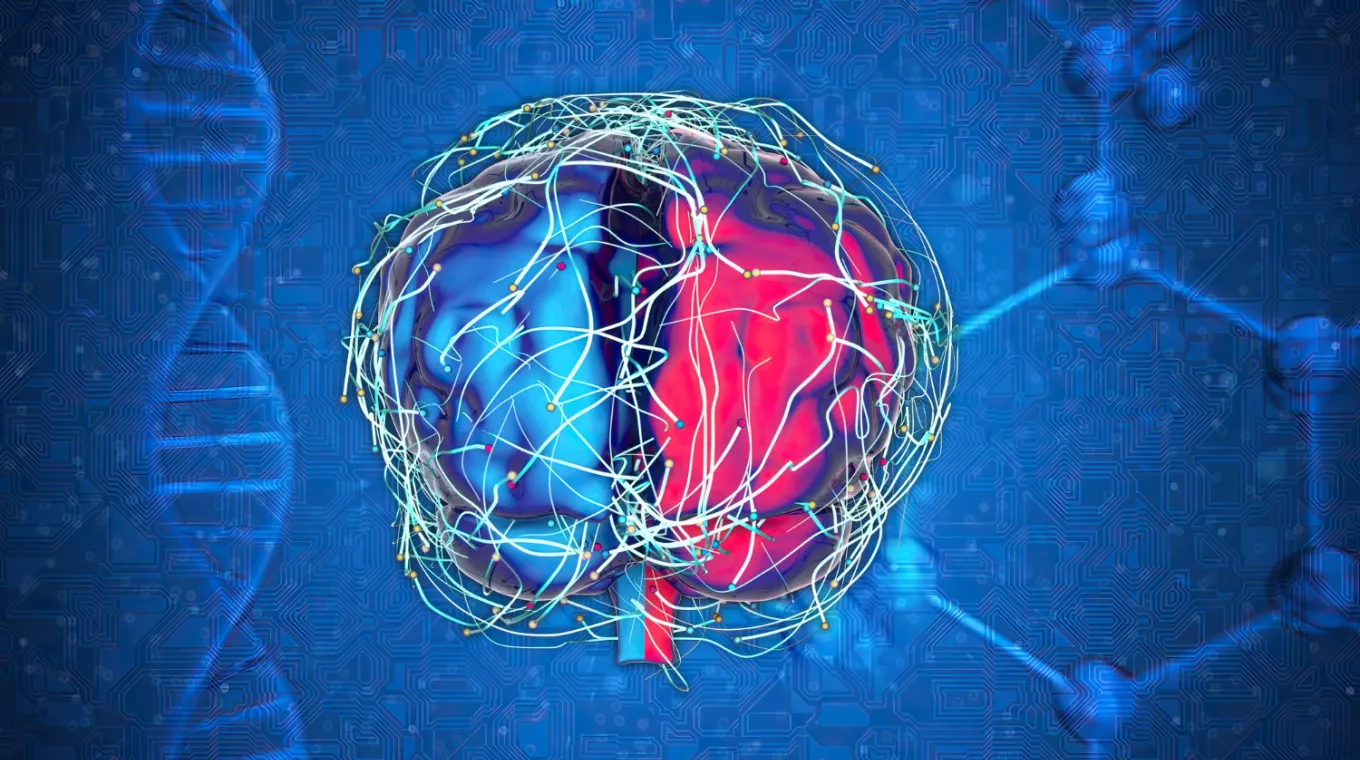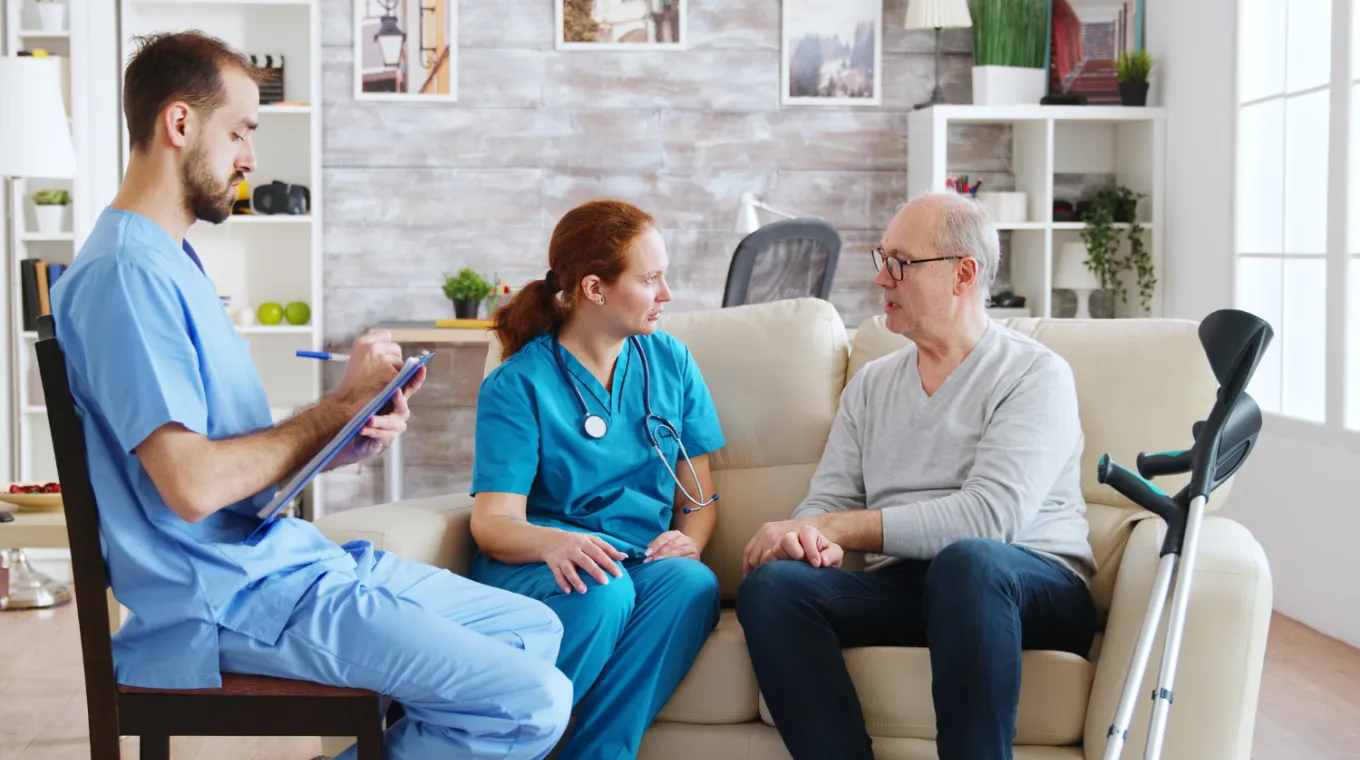A brief understanding of relapse prevention

Feb 01, 2024 by: HRCi
Relapse prevention is why most people seek treatment. By the time most individuals seek help, they have already tried to quit on their own and they are looking for a better solution. This article offers a practical approach to relapse prevention that works well in both individual and group therapy.
There are four main ideas in relapse prevention. First, relapse is a gradual process with distinct stages. The goal of treatment is to help individuals recognize the early stages, in which the chances of success are greatest. Second, recovery is a process of personal growth with developmental milestones. Each stage of recovery has its own risks of relapse. Third, the main tools of relapse prevention are cognitive therapy and mind-body relaxation, which change negative thinking and develop healthy coping skills. Fourth, most relapses can be explained in terms of a few basic rules. Educating clients in these few rules can help them focus on what is important.
I would like to use this opportunity, having been invited to present my perspective on relapse prevention, to provide an overview of the field and document some ideas in addiction medicine that are widely accepted but have not yet worked their way into the literature. I have also included a link to a public service video on relapse prevention that contains many of the ideas in this article and that is freely available to individuals and institutions.
STAGES OF RELAPSE
The key to relapse prevention is to understand that relapse happens gradually.It begins weeks and sometime months before an individual picks up a drink or drug. The goal of treatment is to help individuals recognize the early warning signs of relapse and to develop coping skills to prevent relapse early in the process, when the chances of success are greatest. This has been shown to significantly reduce the risk of relapse. Gorski has broken relapse into 11 phases. This level of detail is helpful to clinicians but can sometimes be overwhelming to clients. I have found it helpful to think in terms of three stages of relapse: emotional, mental, and physical.
Emotional Relapse
These are some of the signs of emotional relapse: 1) bottling up emotions; 2) isolating; 3) not going to meetings; 4) going to meetings but not sharing; 5) focusing on others (focusing on other people’s problems or focusing on how other people affect them); and 6) poor eating and sleeping habits. The common denominator of emotional relapse is poor self-care, in which self-care is broadly defined to include emotional, psychological, and physical care.
One of the main goals of therapy at this stage is to help clients understand what self-care means and why it is important. The need for self-care varies from person to person. A simple reminder of poor During emotional relapse, individuals are not thinking about using. They remember their last relapse and they don't want to repeat it. But their emotions and behaviors are setting them up for relapse down the road. Because clients are not consciously thinking about using during this stage, denial is a big part of emotional relapse.
Another goal of therapy at this stage is to help clients identify their denial. I find it helpful to encourage clients to compare their current behavior to behavior during past relapses and see if their self-care is worsening or improving.The transition between emotional and mental relapse is not arbitrary, but the natural consequence of prolonged, poor self-care. When individuals exhibit poor self-care and live in emotional relapse long enough, eventually they start to feel uncomfortable in their own skin. They begin to feel restless, irritable, and discontent. As their tension builds, they start to think about using just to escape.
Mental Relapse
In mental relapse, there is a war going on inside people’s minds. Part of them wants to use, but part of them doesn’t. As individuals go deeper into mental relapse, their cognitive resistance to relapse diminishes and their need for escape increases.
These are some of the signs of mental relapse: 1) craving for drugs or alcohol; 2) thinking about people, places, and things associated with past use; 3) minimizing consequences of past use or glamorizing past use; 4) bargaining; 5) lying; 6) thinking of schemes to better control using; 7) looking for relapse opportunities; and 8) planning a relapse.
Occasional, brief thoughts of using are normal in early recovery and are different from mental relapse. When people enter a substance abuse program, I often hear them say, “I want to never have to think about using again.” It can be frightening when they discover that they still have occasional cravings. They feel they are doing something wrong and that they have let themselves and their families down. They are sometimes reluctant to even mention thoughts of using because they are so embarrassed by them.
Clinicians can distinguish mental relapse from occasional thoughts of using by monitoring a client’s behavior longitudinally. Warning signs are when thoughts of using change in character and become more insistent or increase in frequency.
Physical Relapse
Finally, physical relapse is when an individual starts using again. Some researchers divide physical relapse into a “lapse” (the initial drink or drug use) and a “relapse” (a return to uncontrolled using). Clinical experience has shown that when clients focus too strongly on how much they used during a lapse, they do not fully appreciate the consequences of one drink. Once an individual has had one drink or one drug use, it may quickly lead to a relapse of uncontrolled using. But more importantly, it usually will lead to a mental relapse of obsessive or uncontrolled thinking about using, which eventually can lead to physical relapse.
Most physical relapses are relapses of opportunity. They occur when the person has a window in which they feel they will not get caught. Part of relapse prevention involves rehearsing these situations and developing healthy exit strategies.
When people don’t understand relapse prevention, they think it involves saying no just before they are about to use. But that is the final and most difficult stage to stop, which is why people relapse. If an individual remains in mental relapse long enough without the necessary coping skills, clinical experience has shown they are more likely to turn to drugs or alcohol just to escape their turmoil.
Written By Haiqa Zahid, Clinical Psychologist



